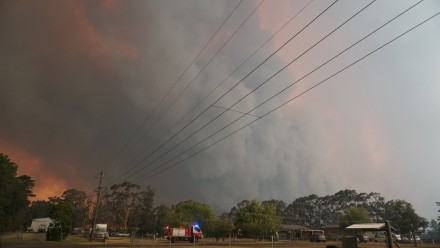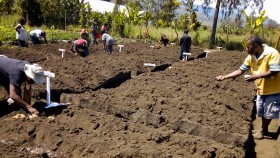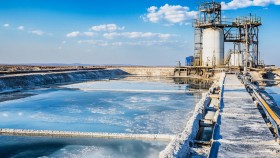Climate adaptation is not a far-off idea - it's here and it affects us all
To manage increasingly frequent and intense climatic extremes, Australians need to embark on a serious program of climate change adaptation. So what does this mean?
Even dealing with the single issue of fire, it is clear we should address questions about where and how we live and work, how we use and manage land and water. Adaptation requires rethinking conventions – such as having our long school holidays in summer – and institutional structures, such as our existing heavy reliance on
volunteer firefighters.
Some adaptations may be incremental, at least at first. For instance, getting to know our neighbours better so we can more effectively help each other in a disaster. That is a small but crucial step most of us could take to improve our chances in a fire or other catastrophic event. A more neighbourly Australia might be one heartening byproduct of preparing for the worst.
Other changes need to be more far-reaching and transformational, such as winegrowers moving from the Murray to cooler climates in Tasmania. Every person, business, region and level of government needs to adapt to climate change, individually and collectively.
Read the full SMH article by Lauren Rickards and Mark Howden











